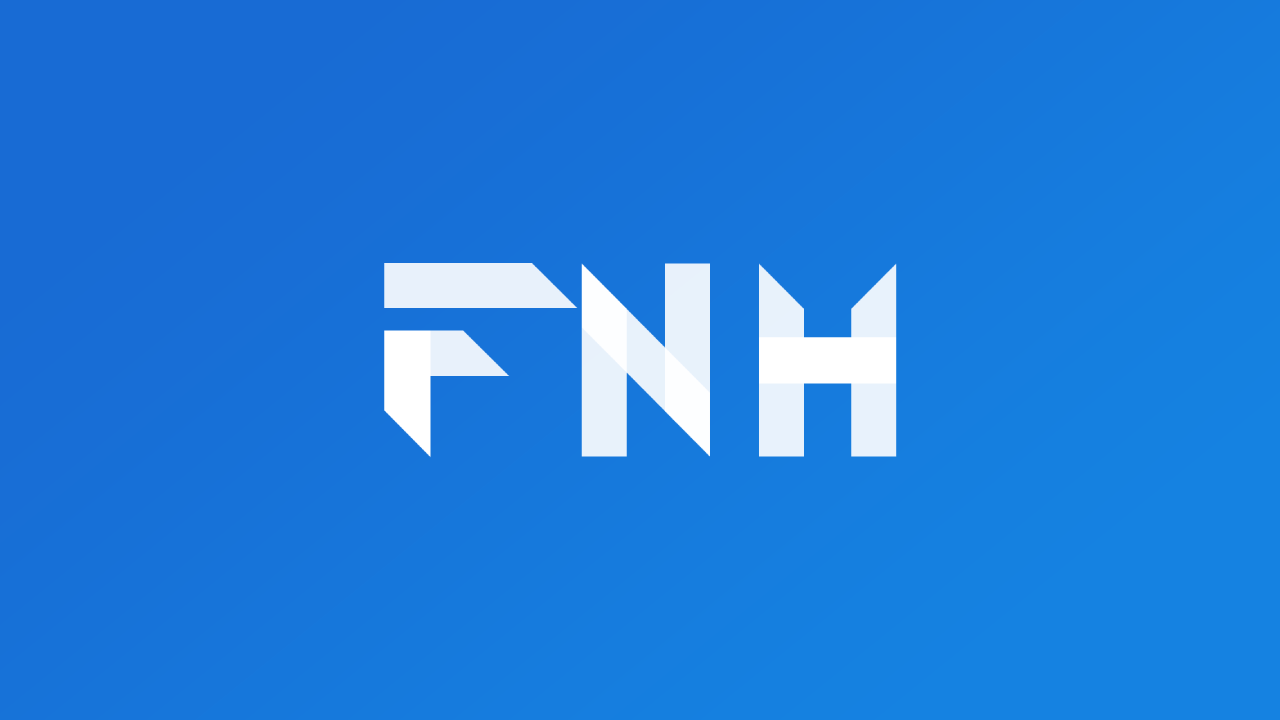Supabase Flutter: A Comprehensive Guide for Flutter Developers
Published on by Flutter News Hub

Supabase is a powerful open-source Firebase alternative that offers a range of tools for building modern web and mobile applications. Its Flutter client library, supabase_flutter, provides an easy-to-use interface to integrate Supabase's features into your Flutter apps.
Authentication
supabase_flutter supports multiple authentication methods, including:
1. Email and Password:
await supabase.auth.signUp( email: "[email protected]", password: "my_password", ); await supabase.auth.signInWithPassword( email: "[email protected]", password: "my_password", );
2. Magic Link:
await supabase.auth.signInWithOtp( email: '[email protected]', );
3. Native Apple Sign In:
final credential = await SignInWithApple.getAppleIDCredential(
scopes: [
AppleIDAuthorizationScopes.email,
AppleIDAuthorizationScopes.fullName,
],
nonce: hashedNonce,
);
final idToken = credential.identityToken;
if (idToken == null) {
throw const AuthException('Could not find ID Token from generated credential.');
}
return signInWithIdToken(
provider: OAuthProvider.apple,
idToken: idToken,
nonce: rawNonce,
);4. Native Google Sign In:
final googleUser = await googleSignIn.signIn();
final googleAuth = await googleUser!.authentication;
final accessToken = googleAuth.accessToken;
final idToken = googleAuth.idToken;
if (accessToken == null) {
throw 'No Access Token found.';
}
if (idToken == null) {
throw 'No ID Token found.';
}
return supabase.auth.signInWithIdToken(
provider: OAuthProvider.google,
idToken: idToken,
accessToken: accessToken,
);Database
supabase_flutter provides methods for performing basic CRUD operations using the Supabase REST API:
// Select data with filters
final data = await supabase
.from('cities')
.select()
.eq('country_id', 1) // equals filter
.neq('name', 'The shire'); // does not equal filter
// Insert a new row
await supabase
.from('cities')
.insert({'name': 'The Shire', 'country_id': 554});Realtime
1. Accessing Realtime Data as a Stream:
final stream = supabase.from('countries').stream(primaryKey: ['id']);
StreamBuilder(
stream: stream,
builder: (context, snapshot) {
// return your widget with the data from snapshot
},
);2. Postgres Changes:
Listen to changes in your Supabase tables:
final myChannel = supabase.channel('my_channel');
myChannel
.onPostgresChanges(
event: PostgresChangeEvent.all,
schema: 'public',
table: 'countries',
callback: (payload) {
// Do something fun or interesting when there is an change on the database
},
)
.subscribe();3. Broadcast:
Bypassing the database, send and receive low latency messages between connected clients:
final myChannel = supabase.channel('my_channel');
// Subscribe to `cursor-pos` broadcast event
myChannel
.onBroadcast(
event: 'cursor-pos',
callback: (payload) {} // Do something fun or interesting when there is an change on the database
)
.subscribe();
// Send a broadcast message to other connected clients
await myChannel.sendBroadcastMessage(
event: 'cursor-pos',
payload: {'x': 30, 'y': 50},
);4. Presence:
Easily implement "I'm online" features:
final myChannel = supabase.channel('my_channel');
// Subscribe to presence events
myChannel
.onPresence(
event: PresenceEvent.sync,
callback: (payload) {
final onlineUsers = myChannel.presenceState(); // handle sync event
},
)
.onPresence(
event: PresenceEvent.join,
callback: (payload) { // New users have joined
},
)
.onPresence(
event: PresenceEvent.leave,
callback: (payload) { // Users have left
},
)
.subscribe(((status, [_]) async {
if (status == RealtimeSubscribeStatus.subscribed) {
// Send the current user's state upon subscribing
final status = await myChannel
.track({'online_at': DateTime.now().toIso8601String()});
}
}));Storage
supabase_flutter simplifies file upload and download:
final file = File('example.txt');
file.writeAsStringSync('File content');
await supabase.storage
.from('my_bucket')
.upload('my/path/to/files/example.txt', file);Edge Functions
Invoke Supabase Edge Functions from your Flutter app:
final data = await supabase.functions.invoke('get_countries');Deep Links
Set up deep links to handle authentication flows and more:
1. Dashboard Deep Link Config:
- Enter your app redirect callback on the "Additional Redirect URLs" field in your Supabase Auth settings.
- Use a format like [YOUR_SCHEME]://[YOUR_HOSTNAME] (e.g., io.supabase.flutterdemo://login-callback).
2. Flutter Deep Link Config:
- Follow platform-specific instructions from the app_links package.
Custom LocalStorage
supabase_flutter supports custom implementations for session persistence. For example, using flutter_secure_storage:
class MySecureStorage extends LocalStorage {
final storage = FlutterSecureStorage();
@override
Future persistSession(String persistSessionString) async {
return storage.write(key: supabasePersistSessionKey, value: persistSessionString);
}
}
// Use it when initializing Supabase
Supabase.initialize(
// ...
authOptions: FlutterAuthClientOptions(
localStorage: MySecureStorage(),
),
);